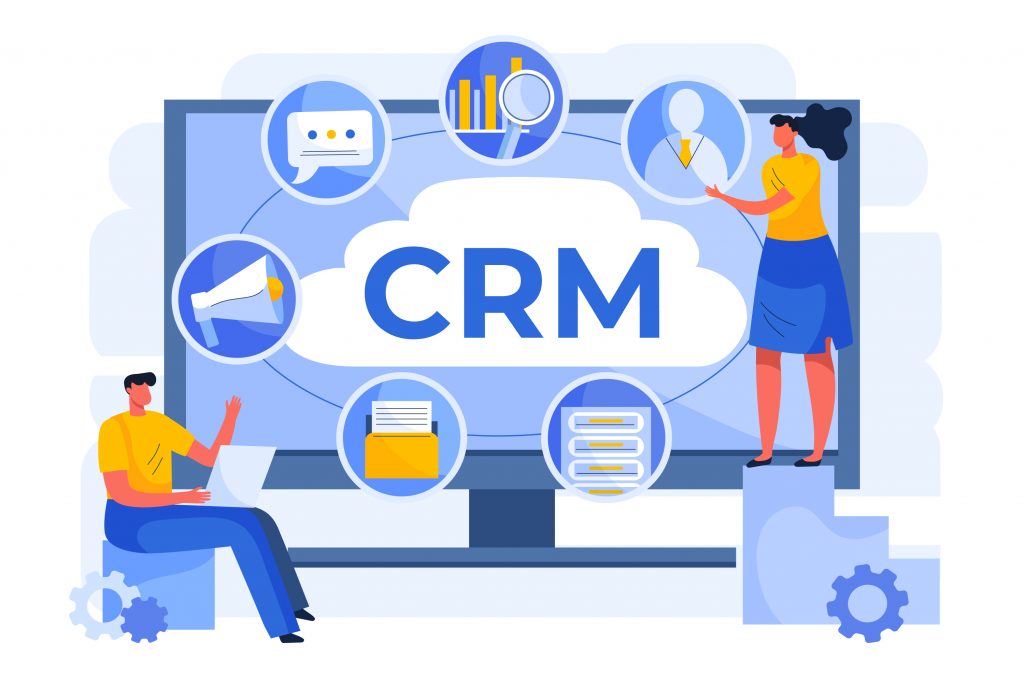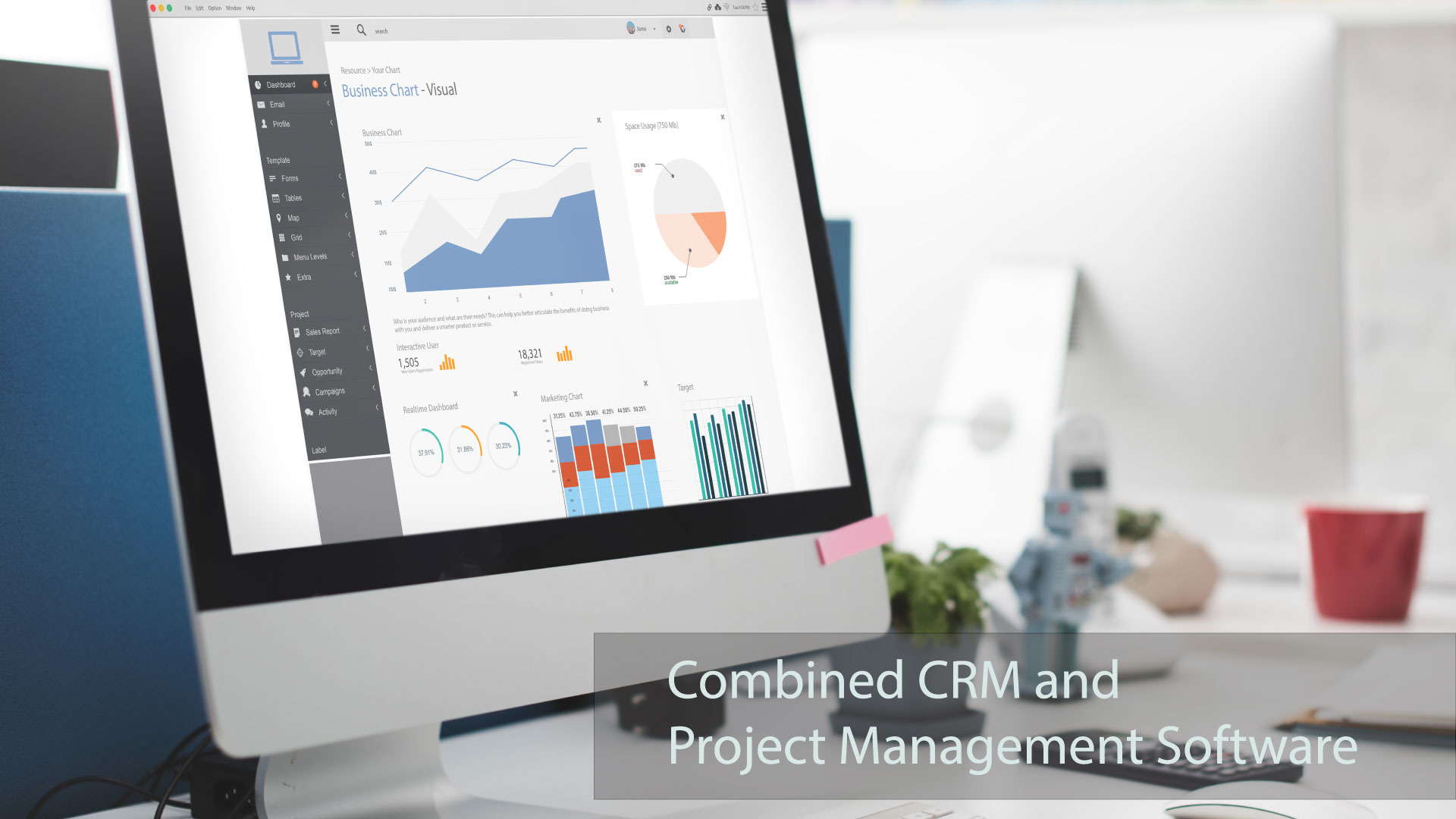
A reliable CRM system for contractors has become essential in today’s construction industry. PnaPna Tech CRM system for Contractors helps contracting businesses manage their work. Think of it as a digital assistant that keeps track of everything, from your clients to your contacts to project deadlines. Instead of keeping information scattered, this keeps everything in the same spot. Whether you need to check what a client requested, follow up on a new business opportunity, or keep track of ongoing projects, PnaPna Tech CRM system for contractors makes it simple by organizing all information like having a super organized filing system specifically built for construction companies.
The contractor’s industry’s journey to using tools like PnaPna has been a step-by-step process; in the past, contractor companies used paper files and basic spreadsheets to keep track of their clients and projects. But as construction became more complex, these old methods weren’t just enough anymore. Companies realized they were spending too much time shuffling through the files and spreadsheets. This is where modern solutions like PnaPna Tech CRM system for contractors offer a better way to work. Instead of dealing with messy paperwork, contractor firms now use digital tools and manage their business more efficiently, saving both time and money. This switch from older techniques to newer ones has helped contractor companies work smarter, not harder.
The integration of digital solutions like PnaPna Tech CRM into the construction sector occurred slowly as the advantages of technology became clearer. At first, contractors companies depended on traditional methods to handle their relationships and contracts. However, with the industry’s progress, the necessity for improved efficiency and more streamlined operations became obvious. This demand resulted in the implementation of CRM systems.
PnaPna Tech CRM system for contractors provides numerous benefits to contracting companies. To begin with, it facilitates the effective handling of client relationships through its user-friendly interface. By consolidating all customer-related data in a single digital location, it streamlines communication and guarantees that every detail is accounted for. This enhances the customer experience and, as a result, boosts customer loyalty, making PnaPna Tech CRM for contractors an essential tool for modern contracting businesses looking to maintain strong client relationships.
In addition, a PnaPna Tech CRM helps manage projects by monitoring timelines, budgets, and resources. This not only reduces the likelihood of cost overruns but also guarantees that projects are finished on time.
What are the essential characteristics of CRM for contractors?
Project Organisation
PnaPna keeps all your project pieces in perfect order, from timelines to budgets to who is doing what, ensuring everything stays on track and within budget.
Client Information Hub
A well structured PnaPna Tech CRM system for contractors organizes and updates client information efficiently. It remembers every conversation meeting and deals with your clients, helping you build stronger relationships.
Document Management
It stores all contracts, blueprints, and important documents in one secure digital space that everyone can easily access.
Bid Management
PnaPna can enhance bid management by tracking progress, analyzing previous bids, and providing insights for future bids.
Task Assignment
It allows for the efficient delegation and tracking of tasks among team members. It assures that everyone understands their roles and responsibilities clearly.
Reporting and Analytics
This provides valuable insights into the performance of business operations and customer relationships.
Basically, PnaPnaTech is a comprehensive tool that brings efficiency, order, and strategic insights to the challenging and complex environment of contracting management. It fosters better customer relationships, promotes team collaboration, and ultimately aids in the growth and success of business.
How can a CRM system improve project management in contracting?
A CRM system has the potential to greatly enhance project management within the contracting sector. Firstly, it simplifies communication. Frequent updates, status reports, and modifications to plans can be communicated to all, ensuring that everyone remains informed and aligned.
Secondly, the CRM system enhances organization. By consolidating all information related to the project, tracking tasks, pinpointing bottlenecks, and managing resources becomes simpler. Furthermore, it helps with structuring and strategizing, which reduces hold-ups and boosts efficiency.
Moreover, the CRM system assists in risk management. It facilitates immediate monitoring of project risks, allowing organizations to spot problems early and take corrective actions swiftly. Additionally, it can assist in enforcing health and safety procedures, which are crucial in the contracting sector.
Additionally, a CRM system supports better decision-making. It offers crucial perspectives on how projects are performing, enabling management to make decisions rooted in data instead of relying on gut feelings.
Lastly, CRM technology also fosters customer relationships. By fostering consistent communication with clients, it guarantees that their requirements and anticipations are fulfilled, resulting in increased customer satisfaction and allegiance.
What are the benefits of integrating a CRM system into contracting operations?
Incorporating a customer relationship management (CRM) system into contracting operations can provide several benefits. It enhances project management by centralizing all relevant information, such as contacts, contracts, and project updates. This integration simplifies access to crucial data for team members, facilitating improved communication and transparency.
CRM systems step up customer service efforts. They monitor every interaction with customers, allowing the contracting company to address inquiries, complaints, or requests promptly. This ability to respond effectively improves the firm’s reputation and fosters enduring relationships with clients.
Next, a CRM system can streamline marketing efforts. It assists in recognizing prospective clients by examining data and tracking market trends. As a result, contracting companies can customize their marketing approaches to target the appropriate audience at the right moment, thereby maximizing their resources.
Additionally, CRM systems can improve resource management. Companies can track their inventory as it changes, minimizing the chances of having too much or too little stock. This capability helps manage budgets, avoiding wasted spending on excess inventory.
Ultimately, a CRM system can provide essential insights via its reporting and analytics capabilities. It can produce detailed reports on different operational elements, assisting companies in pinpointing inefficiencies and creating strategies for enhancement.
How is client information managed in a contractor CRM?
In a contractor customer relationship management (CRM) system, professionals systematically organize and manage client information. When a potential client inquires, the team enters their details into the system. This information contains essential details like names and contact information, but it can also cover comprehensive insights about their needs and preferences as contractors.
Upon entry into the system, the client undergoes regular updates. During team interactions with the client, records of conversations, project progress, quotes, and agreements are logged into the CRM. This ongoing management guarantees that every team member can access the latest information, promoting smooth collaboration.
The system also monitors all interactions with clients, including emails, phone calls, and meetings. These records offer extensive insight into the client’s background, allowing the team to customize their approach based on the client’s specific needs and preferences.
The safety and security of a contractor’s CRM are extremely crucial. Robust security measures safeguard client data, ensuring respect for the client’s privacy at all times. Consistent backups guarantee the preservation of data, even when technical problems arise.
The CRM is essential for developing and maintaining client relationships. It monitors client milestones and automatically sends reminders for follow-ups or significant occasions. This ensures a continuous and positive connection with the client, even post-project completion.
Can a CRM system contribute to better cost control in contracting projects?
A customer relationship management (CRM) system can significantly aid in effective cost management for contracting projects, enhancing project management efficiency and yielding notable cost reductions.
To begin with, a CRM system provides a centralized repository for data. All information related to the project, from client details to project specifications, is stored in one location. This centralization eliminates data duplication and confusion that can result in expensive mistakes.
Moreover, a CRM system promotes better communication. By reducing misunderstandings, it allows all stakeholders to access the same data in real time. This alignment minimizes the chances of costly rework.
In addition, a CRM system offers strong tracking functionalities. It allows for the monitoring of resources, time, and costs related to different project tasks. This transparency into project expenses facilitates timely adjustments and helps avoid budget overruns.
Furthermore, a CRM system aids in automating invoicing and budgeting processes. This automation mitigates the possibility of human error and ensures precise tracking of project expenses. It also removes the need for manual data entry, allowing team members to concentrate on more important tasks.
Finally, a CRM system delivers valuable analytics. It can evaluate project data and produce comprehensive reports, highlighting inefficiencies that the company can address to lower costs.
How does a CRM system enhance relationships with clients in the contracting industry?
A CRM (customer relationship management) platform provides considerable benefits to the contracting sector. It enables companies to build and sustain robust relationships with their customers.
Firstly, it systematically organizes client information. By monitoring previous projects, interactions, and client preferences, the CRM system guarantees that all essential information is readily available. Consequently, this facilitates effective and tailored communication with clients, improving their overall experience.
Additionally, the system offers essential information regarding client habits and likes. This information aids companies in predicting demand, customizing their offerings, and making knowledgeable business choices. Being aware of a client’s desires before they vocalize them gives the contractor’s business a competitive advantage.
A CRM system can also enhance project management. Monitoring projects, deadlines, and client needs becomes significantly easier. It helps prevent miscommunication or delays, making sure that projects are completed punctually and meet expectations.
Additionally, it supports efficient after-sales service. After a project is finished, the CRM system can assist in addressing any feedback or problems submitted by the client. Timely and effective handling of these matters fosters trust and strengthens relationships with clients.
Lastly, it facilitates regular communication with past clients. This may involve sharing information about new offerings, news from the industry, or extending wishes during special events. These actions help clients feel appreciated, promoting enduring relationships.
What function does a CRM serve in forecasting and handling contracting risks?
A customer relationship management system (CRM) is essential for forecasting and mitigating risks in the contracting sector. It allows for effective monitoring of customer engagement, helping to spot possible issues at an early stage.
The capability of the system to gather and evaluate data is essential. Analyzing previous projects and their results assists in anticipating risks. This approach, driven by data, enables companies to make proactive choices, lessening the impact of potential challenges.
Furthermore, a CRM system enhances crucial communication pathways. It offers a unified platform where all parties can access key information. This level of transparency decreases the chances of misunderstandings and miscommunications, which are common risk factors in contractors jobs.
The CRM system also plays a role in risk management by boosting customer service. It allows the company to address client concerns or inquiries swiftly, stopping minor issues from becoming major problems.
In addition, the system aids in managing resources, a vital element of risk reduction. It assists in properly planning resources and ensuring their effective use. This avoids delays or budget overruns, enhancing the overall risk management strategy.
Therefore, a CRM system is an important asset in forecasting and managing risks within the contractors sector. It promotes early detection of issues, facilitates communication, improves customer service, and backs resource management. The comprehensive approach significantly reduces the likelihood of unforeseen difficulties, helping projects to be completed successfully.
Conclusion
To summarize, PnaPnaTech CRM system is a crucial instrument for enhancing contractor project cost control. It helps teams to optimize budgeting procedures and use resources more effectively by combining data, improving communication, and offering thorough tracking and analytics. Additionally, the platform’s capability to organize client details and deliver insights into client behavior strengthens relationships, facilitating improved project management and effective after-sales support. Ultimately, with its functions in risk forecasting and management, Pna Tech CRM not only assists in detecting potential challenges early but also boosts overall customer service and resource management. Adopting this technology can revolutionize the operations of contractor firms, resulting in more successful projects and happier clients.




